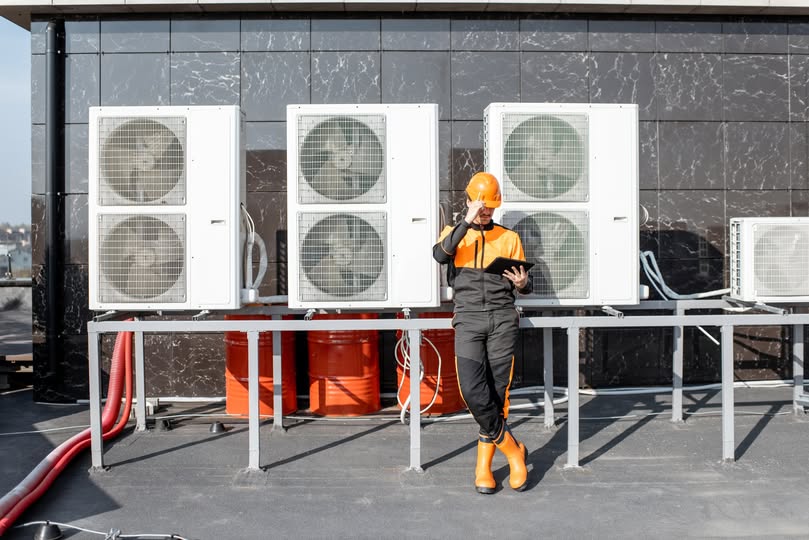Regular maintenance is key to keeping your HVAC system running efficiently, but not all tasks should be handled by homeowners. The professional and highly skilled team from A-Plus Quality is here to help with your HVAC needs. Here are some DIY HVAC maintenance tips and guidelines on what you can and can’t do yourself:
What You Can Do Yourself
- Change Air Filters: One of the simplest and most effective maintenance tasks is changing your air filters regularly. Dirty filters restrict airflow, making your system work harder and reducing efficiency. Check and replace filters every 1-3 months.
- Clean Vents and Registers: Dust and debris can accumulate on vents and registers, obstructing airflow. Use a vacuum or a damp cloth to clean them regularly.
- Inspect Outdoor Units: Ensure the outdoor unit is free from debris, such as leaves and grass clippings. Keep a clear space around the unit to ensure proper airflow.
- Check Thermostat Settings: Ensure your thermostat is set to the correct temperature and adjust it for optimal energy savings. Consider upgrading to a programmable or smart thermostat for better control.
- Monitor Energy Bills: Keep an eye on your energy bills. A sudden increase could indicate your HVAC system is working harder than it should be, signaling a potential issue.
What You Should Leave to Professionals
- Refrigerant Levels: Checking and recharging refrigerant levels requires specialized knowledge and equipment. Incorrect handling can lead to system damage and health hazards.
- Electrical Components: Inspecting and repairing electrical components is dangerous without proper training. Leave tasks like checking wiring, capacitors, and connections to professionals.
- Internal System Cleaning: While you can clean vents and registers, internal components like coils and fans require professional cleaning to ensure they are done correctly and safely.
- System Diagnostics: Diagnosing issues with your HVAC system requires expertise and specialized tools. Professionals can accurately identify and fix problems to prevent further damage.
- Annual Tune-Ups: Schedule annual maintenance visits from a professional HVAC technician. They can perform comprehensive checks, tune-ups, and identify potential issues before they become major problems.
By performing regular DIY maintenance and knowing when to call in the professionals, you can keep your HVAC system running efficiently and prolong its lifespan. For expert HVAC services, trust the team at A-Plus Quality.



